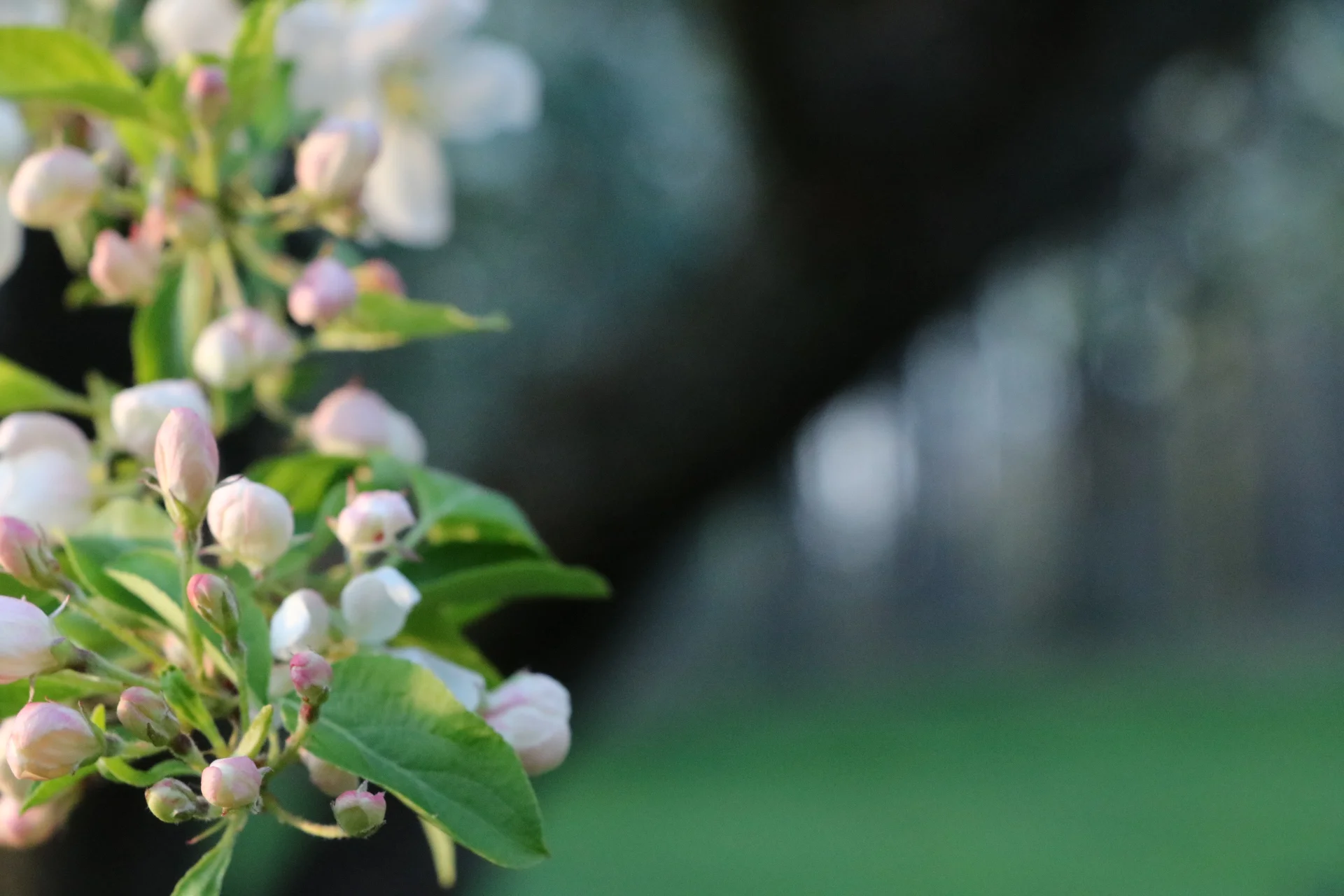Help! What's killing my boxwood?
/What's killing my boxwood?
That's a question a lot of our customers have asked over the past several years and especially so this year. Boxwood (Buxus spp.) are ubiquitous, evergreen shrubs that many homeowners and landscapers chose for their prim, easy-to-shape appearance. For many years, boxwoods suffered little serious insect or disease pressure, but that is changing.
Boxwood blight, boxwood leaf miners and box tree moths are all serious threats to the shrubs. Box tree moths, in particular, have been devastating since they were first reported in New York a few years ago. In fact, several states, including New York, have enacted quarantines to stem the spread of the pest.
Luckily for us, there are several native alternatives to boxwood that are not susceptible to pests like the box tree moth while still exhibiting characteristics people love about boxwoods. Inkberry holly, for example, provides a shapeable, evergreen alternative with numerous cultivars selected for size and growth habit. In many ways, it's our own native boxwood.
Native alternatives to boxwood include:
Ilex glabra - Inkberry holly (evergreen)
Ilex verticillata - Winterberry holly
Cornus sericea - Red twig dogwood
Taxus canadensis - Canada yew (evergreen)
Juniperus virginiana - Eastern red cedar (evergreen)
Vaccinium angustifolium - lowbush blueberry
Viburnum nudum var. cassinoides - Northern wild raisin
Thuja occidentalis - Arborvitae/Northern white cedar (evergreen)

